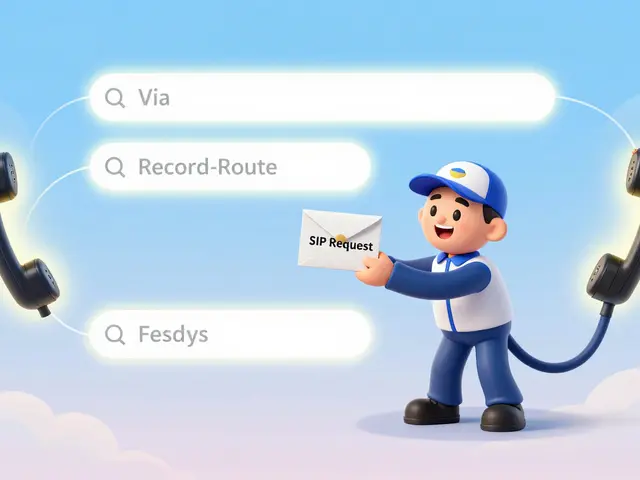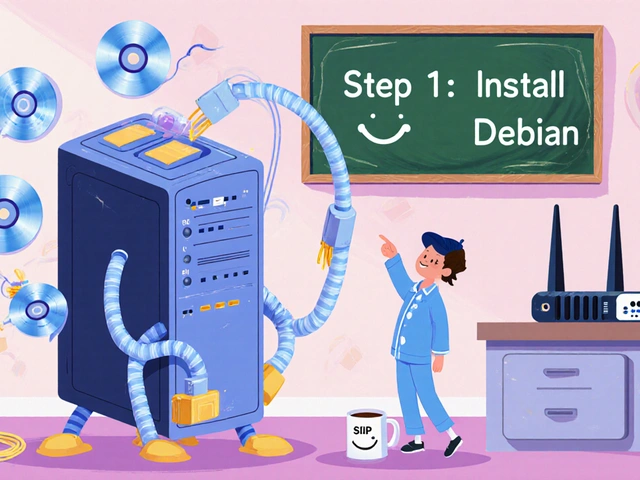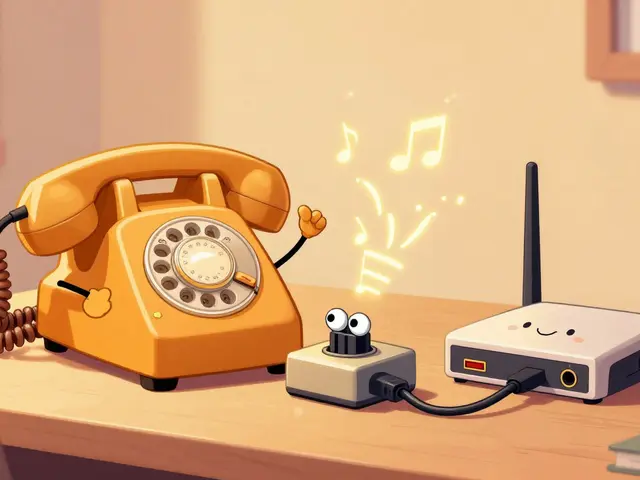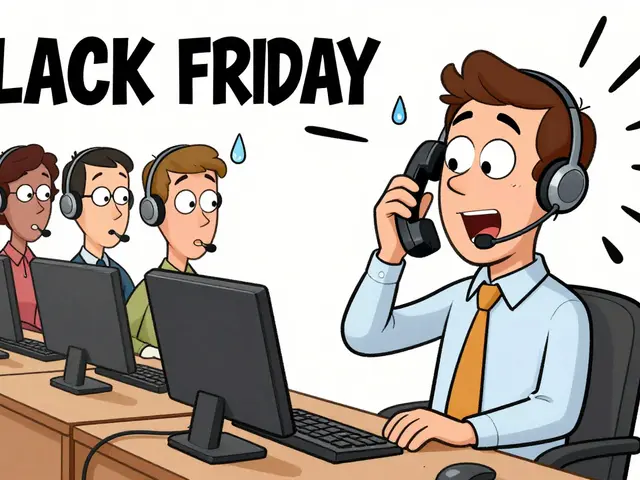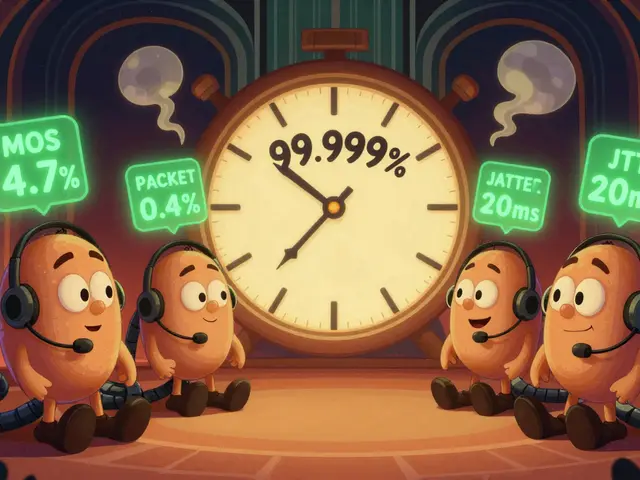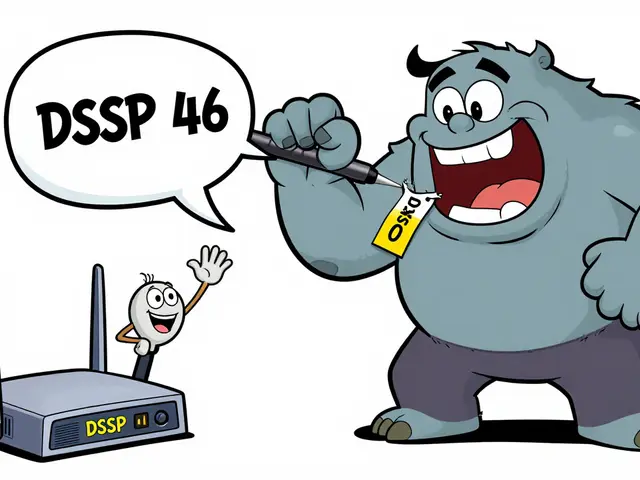Technology & Health: How Modern Tech Keeps Seniors Safe and Connected
When it comes to Technology & Health, the intersection of digital tools and personal well-being, especially for older adults. Also known as health tech, it’s not just about gadgets—it’s about keeping people safe, independent, and connected. For seniors, this means choosing the right phone isn’t a tech preference—it’s a safety decision. A dropped call during an emergency can be life-threatening. A robocall scam can drain a lifetime of savings. That’s why understanding the difference between VoIP for elderly, internet-based phone systems designed for simplicity and scam protection and traditional landline reliability, wired phone lines that work even when the power goes out isn’t optional—it’s essential.
Most seniors don’t need fancy features. They need clarity, consistency, and trust. VoIP phones can block hundreds of robocalls a day, offer one-touch dialing, and even connect to emergency services with a single button. But if the internet goes down—or the router dies—they’re useless. Landlines don’t need Wi-Fi. They don’t need charging. They just work. And when 911 is dialed, the location is sent automatically, no setup required. That’s why many fire departments and medical alert companies still recommend landlines for high-risk seniors. But here’s the catch: landlines can’t stop scams. If a caller says they’re from the IRS or your grandchild’s school, the landline will ring just the same. VoIP can filter that out. The real question isn’t which is better—it’s which fits the person’s daily life, health risks, and home setup.
Technology & Health for seniors isn’t about keeping up with trends. It’s about removing barriers. A phone that’s hard to use is a danger. A system that cuts out during a storm is a risk. A service that doesn’t block fraud is a threat. That’s why the best solutions blend simplicity with smart protection. Whether it’s a VoIP box with big buttons, a landline with caller ID, or a hybrid setup with backup battery power, the goal is the same: peace of mind. Below, you’ll find real comparisons, user-tested setups, and clear advice from families who’ve been there. No jargon. No hype. Just what actually keeps older adults safe and connected in 2025.
Choosing between VoIP and landline phones for seniors comes down to reliability vs. scam protection. Landlines work during power outages and connect 911 instantly. VoIP blocks robocalls but needs internet and setup. Here's what works best for older adults in 2025.
Find the best HIPAA-compliant VoIP providers for healthcare in 2025. Compare pricing, features, and real-world performance of RingCentral, Zoom for Healthcare, Nextiva, RingRx, Phone.com, and Dialpad for secure patient communication.

